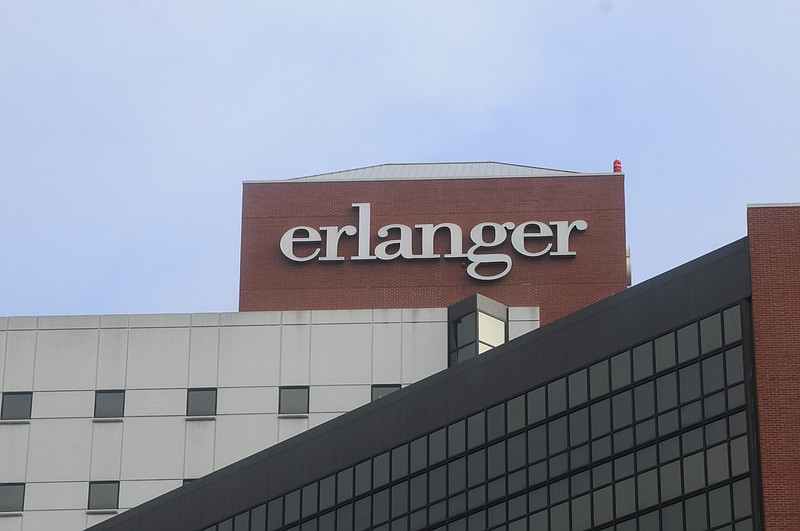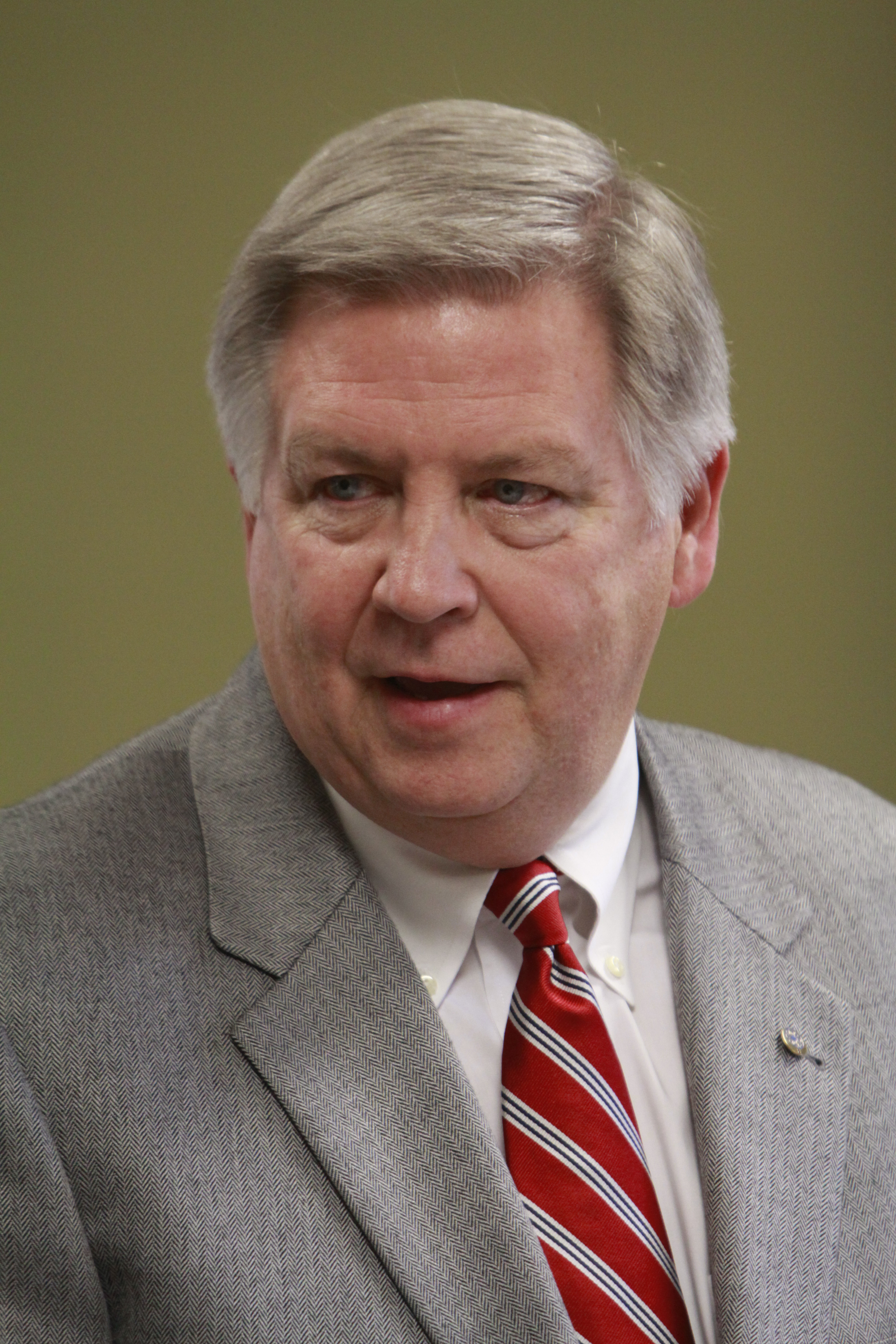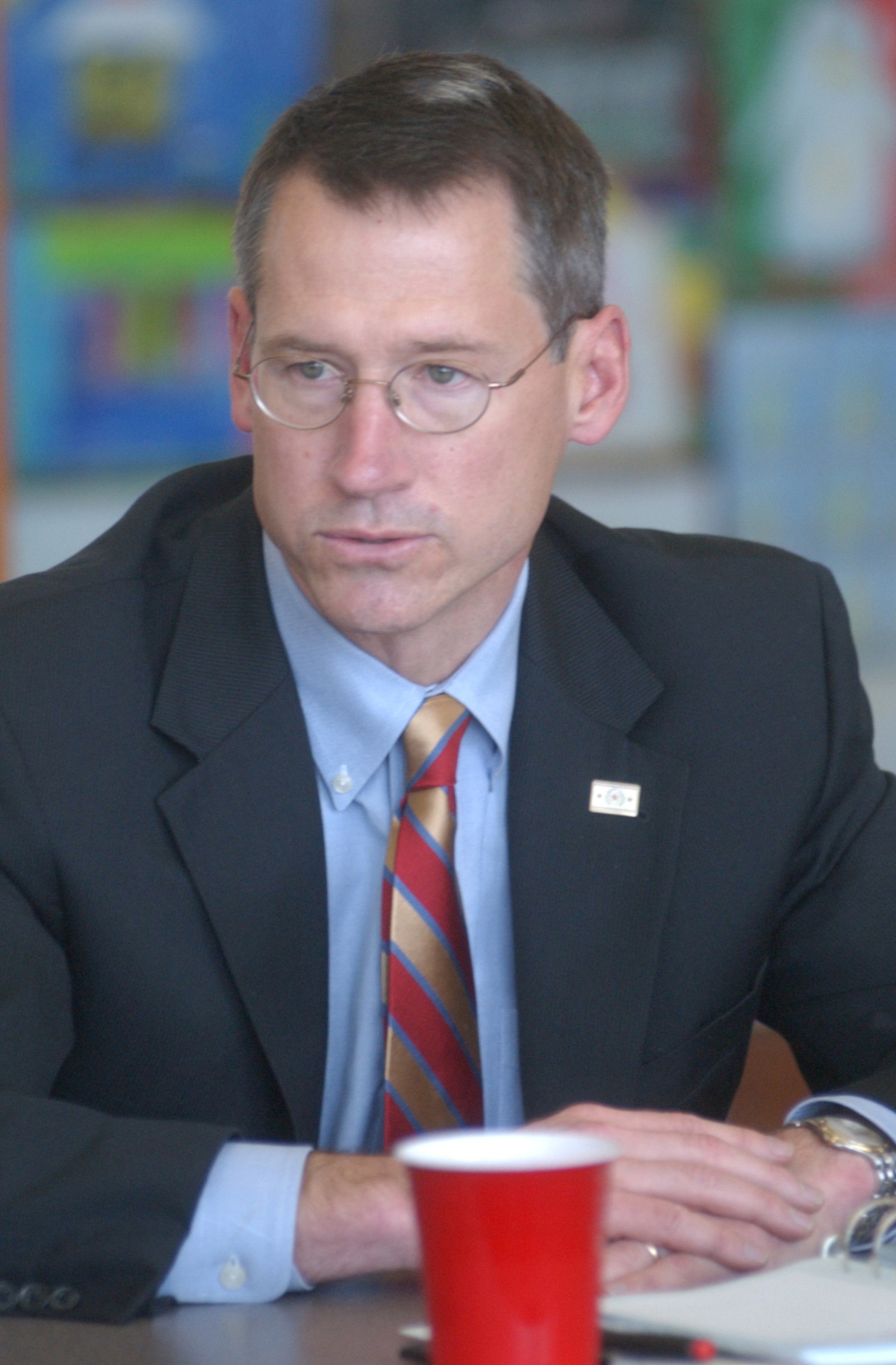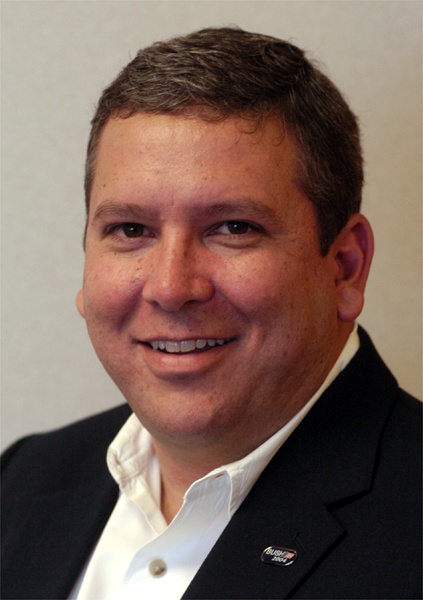Local state legislators may change the 35-year-old act making Erlanger a public hospital, including who appoints the board and the number of trustees.
The discussion comes at a time of upheaval at Erlanger, with the resignation of CEO Jim Brexler and questions about a recent board appointment. But lawmakers say the possible changes are related to the expiration of a city-county sales tax agreement in May rather than more recent events.
The 1976 act ordered Hamilton County to pay the hospital $3 million annually to cover indigent costs for as long as the sales-tax agreement between the city and county remains in place.
When the agreement -- which spelled out how the city and the county broke down their financial responsibilities for agencies jointly funded by the pair -- expired this year, Hamilton County allocated $1.5 million to the hospital, but Chattanooga did not provide any funding.
Now lawmakers say that if Chattanooga isn't going to help fund the hospital, it shouldn't be allowed to appoint the four board members it is allowed under the 1976 act.
"They [city officials] have no skin in the game," state Sen. Bo Watson, R-Hixson, said Friday. "With no fiduciary responsibility, it begs the question: Why should they appoint members of the board?
"We plan to talk with the County Commission and current board to discuss changes. We will look at the entire act and how applicable it is to 2012."
Watson, who is chairman of the Hamilton County state legislative delegation, said no aspect of the 1976 act is untouchable and everything is up for discussion.
Along with Watson, Rep. Richard Floyd and Rep. Gerald McCormick, both R-Chattanooga, said they think the act needs to be changed.
Mayor Ron Littlefield's spokesman, Richard Beeland, said it's logical for the city to lose its appointment authority, given the changes in funding.
"It makes perfect sense," Beeland said. "All of Chattanooga is within Hamilton County, and we think this is fair."
Ronald Loving, chairman of Erlanger's board of trustees, said he did not have any immediate specific recommendations about changing the act, but he said he would be happy to sit and talk with lawmakers.
"Everything is in a whirlwind right now," Loving said, referring to Brexler's resignation. "I would want to put some thought into it, but our goal is for Erlanger to continue to focus on the mission that has been intact since its establishment in 1891 -- to provide quality health care."
Erlanger, which operates on about a $500 million annual budget, had a $5.4 million profit in the 2011 fiscal year ending June 30 and an $8.6 million profit the previous year. It reported a $1.1 million loss in the first quarter this year, which ended Sept. 30.
Erlanger is the only public hospital in Chattanooga and serves about 27,000 patients a year. It has the area's only level one trauma center.
Board Appointments
The act creating the Chattanooga-Hamilton County Hospital Authority designates five groups to appoint members to Erlanger's board. The city and county each appoint four, chancellors from Hamilton County Chancery Court appoint one, the Chattanooga-Hamilton County Medical Society appoints one and the Hamilton County state legislative delegation appoints one.
A trustee can serve only for eight consecutive years.
Watson said state legislators changed the act sometime in the 1980s to remove the Chancery Court's appointment power and gave it to the state delegation. Hamilton County government officials did not confirm the act, so the change never took place, Watson said.
McCormick and Watson said they have not made any decisions on who may get to make appointments if Chattanooga loses its four, but both men said they think the state delegation should be able to make more appointments.
"We don't want to make any quick decisions, but I would think with the amount of money the state pays Erlanger, the delegation should be one consideration," McCormick said.
According to Erlanger financial records, TennCare/Medicaid patients make up 25 percent of the hospital's patients.
Legislators said they also will consider whether the board should have fewer trustees, whether they should be paid and what qualifications a person must have to be a trustee.
Serving on the board takes a considerable amount of time, but finding qualified trustees has not been an issue for the delegation so far, McCormick said.
"People are beating the door down to get appointed; I'm not sure why, but there certainly is a lot of interest to serve on the board," he said. "I don't know that I'm in favor of board compensation, but we could look to see what competitors are doing nationally."
Other Possible Changes
While the board appointments are the most obvious change, legislators said they will examine the entire act.
Exactly how much could be changed in the act without voter approval is not clear, Watson said. Hamilton County voters approved the original act in a vote of 64 percent to 36 percent.
"If we attempted to repeal the entire act and set up a new authority, that would require voters to approve it, I would think," Watson said.
The health care system also is vastly different from what it was in the 1970s, legislators noted.
The act narrowly defines Erlanger's mission for "the purpose of providing health care facilities and programs for all the residents of Hamilton County, Tennessee, the City of Chattanooga, and other incorporated municipalities in said County, regardless of ability to pay."
Erlanger's scope has broadened, with about one-third of its patients coming from Georgia.
In April 2011, Erlanger agreed to extend a $20 million line of credit to Hutcheson Medical Center in Fort Oglethorpe. The deal allows Erlanger to choose Hutcheson executives, and the North Georgia hospital also changed its name to Erlanger at Hutcheson.
"I think there are some issues about who Erlanger is supposed to serve," McCormick said. "With the change in administration, this might be a time to change that."
Watson said he plans to call a meeting before the Legislature convenes Jan. 10 to start discussing specific changes.
"We do want input," he said. "Erlanger is a valuable entity in our community, and we need it to be strong -- strong in the health care coverage it provides to the community and strong financially."




